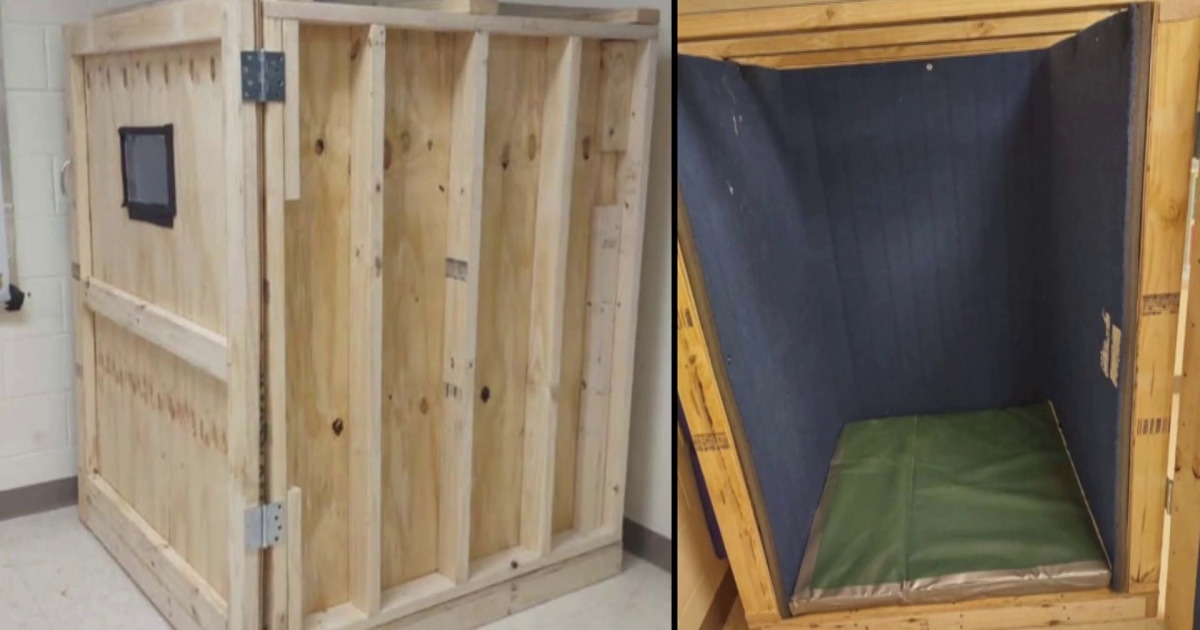U.S. Strikes Target Drug Boats in Eastern Pacific, 6 Killed

UPDATE: The U.S. military has just conducted airstrikes on alleged drug boats in the eastern Pacific Ocean, resulting in the deaths of at least 6 individuals. These strikes, part of an intensified campaign against narcotics trafficking, occurred on September 24, 2023, and bring the total number of attacks to 19 since the operation began.
Defense Secretary Pete Hegseth confirmed the strikes, stating that the targeted vessels were linked to illicit narcotics smuggling operations along a well-known trafficking route. These actions, part of a broader strategy launched by the Trump administration, have raised alarms among lawmakers and international observers about their legal basis and the potential for escalating tensions with Venezuela, led by President Nicolás Maduro.
The recent strikes are significant, as they contribute to a growing death toll that now stands at 75 fatalities linked to this military initiative. “These vessels were known by our intelligence to be associated with illicit narcotics smuggling,” Hegseth noted, emphasizing the justification for the attacks. Despite these assertions, the administration has yet to present concrete evidence regarding the specifics of the operations or the profile of those being targeted.
The military operations have shifted focus from the Caribbean to the eastern Pacific, a critical route for cocaine smuggling from South America. Observers suggest this shift indicates a strategic move to intensify pressure on Maduro, who has been accused of narcoterrorism by U.S. authorities. In response, Maduro has dismissed the U.S. claims as “fabrications,” asserting that these military actions are part of a broader campaign against his government.
As the situation develops, Hegseth released dramatic footage showing one of the targeted boats erupting in flames after the strike. This visual evidence aims to underscore the seriousness of the U.S. campaign against drug trafficking, which Trump has framed as an “armed conflict” with drug cartels.
The strikes and their implications were discussed last week in a meeting between Hegseth and bipartisan lawmakers overseeing national security. While some details about the legal framework for these military actions were shared, Democrats have criticized the administration for not providing sufficient transparency. Meanwhile, Senate Republicans recently voted against a measure that would restrict Trump’s ability to launch attacks without congressional approval, indicating ongoing partisan divides over U.S. military engagement in the region.
As the U.S. continues to fortify its military presence in South American waters, including the deployment of an aircraft carrier, the international community will be closely monitoring the unfolding situation. The next steps will likely involve further military actions and potential diplomatic fallout as both sides navigate this escalating confrontation.
Stay tuned for more updates on this developing story as it impacts U.S. foreign policy and security in the region. The urgency of these operations underscores the complex dynamics of drug trafficking and geopolitical tensions surrounding Venezuela.






